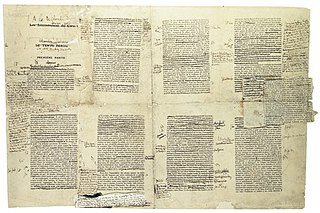
In Search of Lost Time, first translated into English as Remembrance of Things Past, and sometimes referred to in French as La Recherche, is a novel in seven volumes by French author Marcel Proust. This early 20th-century work is his most prominent, known both for its length and its theme of involuntary memory. The most famous example of this is the "episode of the madeleine", which occurs early in the first volume.

Amin Maalouf is a Lebanese-born French author who has lived in France since 1976. Although his native language is Arabic, he writes in French, and his works have been translated into over 40 languages.

Ghada Karmi is a Palestinian-born academic, physician and author. She has written on Palestinian issues in newspapers and magazines, including The Guardian, The Nation and Journal of Palestine Studies.

Sitt Marie Rose is a novel by Etel Adnan set before and during the 1975-1990 Lebanese Civil War. It was published in France in 1978, following the publication of an Arabic translation in 1977. It is based on the life of Marie Rose Boulos who was executed by a Christian militia during the conflict. The novel itself acts as a critique of various aspects of Lebanese culture, including critiques of xenophobia as well as the role of women.
Ghadah Al-Samman is a Syrian writer, journalist and novelist born in Damascus in 1942 to a prominent and conservative Damascene family. Her father was Ahmed Al-Samman, a president of the University of Damascus. She is distantly related to poet Nizar Qabbani, and was deeply influenced by him after her mother died at a very young age.
Colette Khoury is a Syrian novelist and poet, born in 1931, who is also the granddaughter of former Syrian Prime Minister Faris al-Khoury. Khoury graduated from Damascus University with a bachelor's degree in French literature and she received a diploma from the school of literature in Beirut. Khoury's notability stems from her work in politics and literature. Her work as a writer focuses on love and erotica, a subject that was previously taboo in Syrian literature.
Syrian literature is modern fiction written or orally performed in Arabic by writers from Syria since the independence of the Syrian Arab Republic in 1946. It is part of the historically and geographically wider Arabic literature. Literary works by Syrian authors in the historical region of Syria since the Umayyad era are considered general Arabic literature. In its historical development since the beginnings of compilations of the Quran in the 7th century and later written records, the Arabic language has been considered a geographically comprehensive, standardized written language due to the religious or literary works written in classical Arabic. This sometimes differs considerably from the individual regionally spoken variants, such as Syrian, Egyptian or Moroccan spoken forms of Arabic.
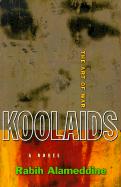
Koolaids: The Art of War is a novel by Rabih Alameddine, an author and painter who lives in both San Francisco and Beirut. He grew up in the Middle East, in Kuwait and Lebanon. Published in 1998, Koolaids is Alameddine's first novel. The majority of the story takes place in San Francisco and Beirut, the sites of two very different "wars". San Francisco from the mid-1980s into the 1990s is the main site of the AIDS epidemic, especially among the gay community, while Beirut is the site of a brutal civil war.
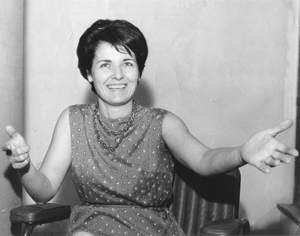
Emily Daoud Nasrallah was a Lebanese writer and women's rights activist.
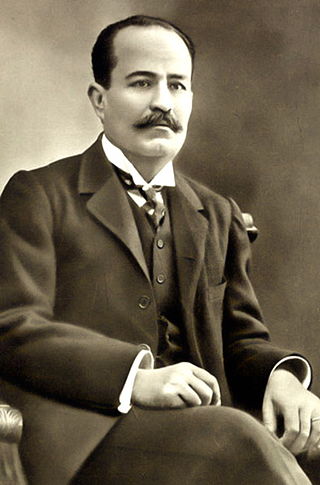
Jurji Zaydan was a prolific Lebanese novelist, journalist, editor and teacher, most noted for his creation of the magazine Al-Hilal, which he used to serialize his twenty three historical novels.
Nancy N. Roberts is a translator of Arabic literature. She won the University of Arkansas Translation Award for her translation of Ghada Samman's Beirut '75. She also received a commendation from the judges of the 2008 Banipal Prize for her translation of Salwa Bakr's The Man from Bashmour.
Ghada Owais, also spelled Ghada Oueiss, is a Lebanese journalist for Al Jazeera. She was born on November 6, 1977, and attended the Lebanese University, graduating in 1999. Owais joined Al Jazeera in 2006. She speaks Arabic and English.

Fuad Sami Haddad was a neurosurgeon, humanitarian, and writer. He was born in Beirut and spent most of his life in Lebanon.
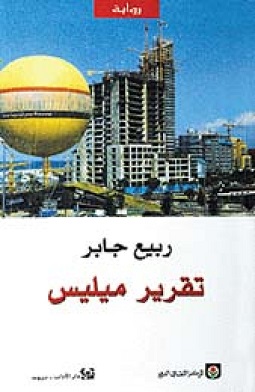
The Mehlis Report is a book by Lebanese author Rabee Jaber. Published in 2005 in Arabic by Jaber, it tells the story of an architect, Saman Yarid, who is waiting for the United Nations' Mehlis Report to be released in late 2005. The Mehlis Report takes the reader on a journey through Lebanese history regarding the lead up to the release of German prosecutor Detlev Mehlis’ report to the United Nations on October 21, 2005 regarding the February 14, 2005, car bombing assassination of Lebanon’s former Prime Minister Rafik Hariri.

Najat Abdul Samad, alternative spelling Najat Abed Alsamad,, is a Syrian Druze fiction writer, poet and gynecologist. She has published several novels, including La Ma' Yarweeha, winner of the 2018 Katara Prize for the Arabic Novel, published in a German translation. She currently lives in Berlin, Germany.
"A Coin" is a 1997 short story by Bosnian-American author Aleksandar Hemon, published both as a single story in the Winter 1997 issue of Chicago Review and alongside several other short stories in The Question of Bruno, published in 2000.
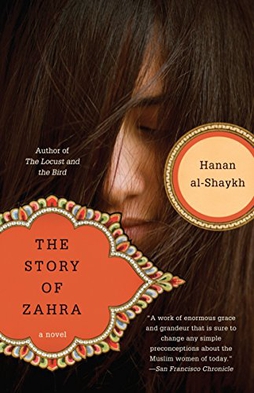
The Story of Zahra is a novel by Lebanese author Hanan al-Shaykh. It was first published in Arabic in 1980, and in English in 1986 by Anchor Books. The novel is set in Beirut before and during the Lebanese Civil War, and tells the story of a woman named Zahra, whose struggles with her family and country lead to her suffering and eventual death.

The Night of the First Billion is the 1986 novel by the Syrian writer Ghada Al-Samman. It is considered to be one of the most important Arabic novels published during the 1980s. It is also an experimental novel, for Al-Samman employs stream-of-consciousness. The novel navigates topic like contradiction in Arab societies, humanity, and extreme wealth.
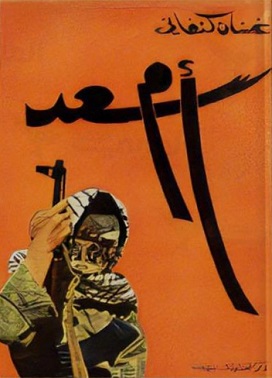
Umm Saad is a novella written by fiction writer and journalist Ghassan Kanafani. The book discusses themes of war, patience, and resistance through a first point of view perspective. Upon its release, its political and social themes were generally praised.

Beirut 75 (1975) is the first full-length novel written by Syrian author, Ghada Al-Samman. It is about what is theorised to be the social and political causes of the Lebanese Civil War in 1975.














